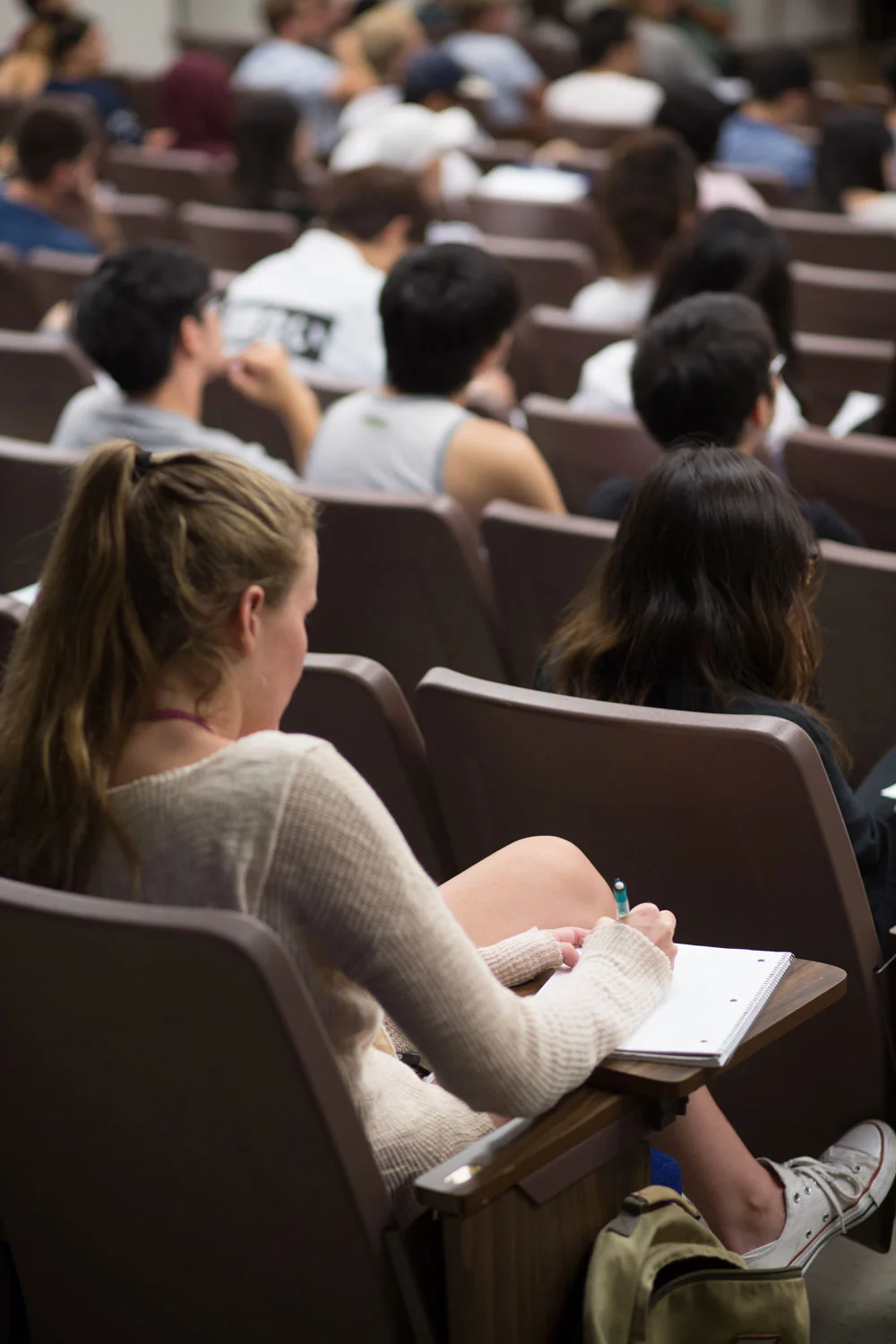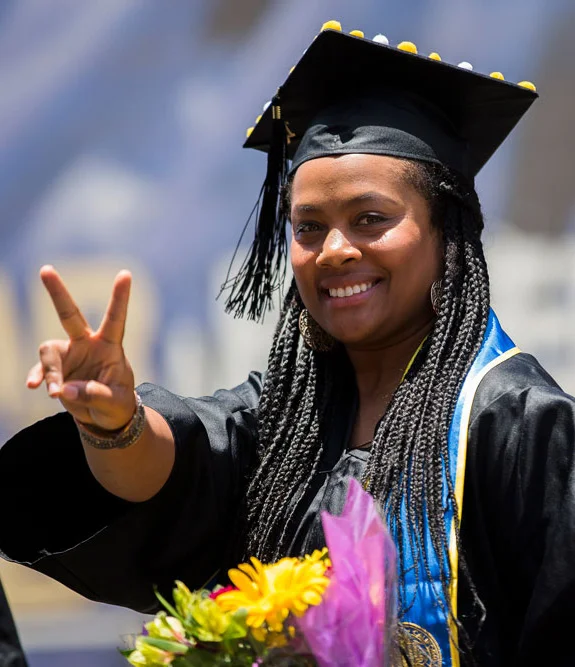

WELCOME TO THE HUMANITIES AND FINE ARTS
WELCOME TO THE HUMANITIES AND FINE ARTS
Explore the Arts and Humanities at UC Santa Barbara
and learn about our students, programs, and faculty.
More than ever, California, the nation, and the world need engaged and informed citizens who understand the languages, traditions, values, and histories of our diverse communities and cultures. The disruption and losses of the pandemic, and the inequities it made starkly visible, have brought that lesson home with force.
Globalization, along with cultural diversity, and racial justice at home call for the knowledge and comparative methods of the humanities. These methods are essential to sustaining multicultural and multilingual societies, to dismantling structural racism, and to cultivating a strong democratic culture.
News & Features
Events
Upcoming events
Judith T. Zeitlin, Professor in the Department of East Asian Languages and Civilizations at the University of Chicago, will explore the creation of Ghost Village, an experimental opera based on a ghost story from Pu Songling’s Liaozhai zhiyi. The project is a collaboration between scholar and librettist Judith Zeitlin and composer Yao Chen, a Beijing-based professor trained in Chicago.
Walid Afifi, Professor of Communication at UCSB, will argue that the dominant Western, individual-centered view of mental health overlooks the structural factors that influence the lives of Palestinians.
Ebenezer Larnyo, a postdoctoral scholar at the CBSR, will lead a workshop exploring the relationship between environmental exposures and racial disparities in health outcomes. The event will be recorded.
Filmmaker Jason Lapeyre and UCSB alumnus Nori Muster, the documentary’s subject, will participate in a post-screening discussion of Monkey on a Stick. The film exposes the criminal activity within the Hare Krishna movement in the West during the 1970s and 1980s.
Maurice Backschat, a Research Associate and PhD candidate at the University of Münster and the University of Groningen, will discuss how Nazi ideology and Protestant theological thought often intersected in Nazi Germany, using a case study.
This collective’s working paper series invites scholars to share their current research projects and works in progress with a supportive audience of researchers.































